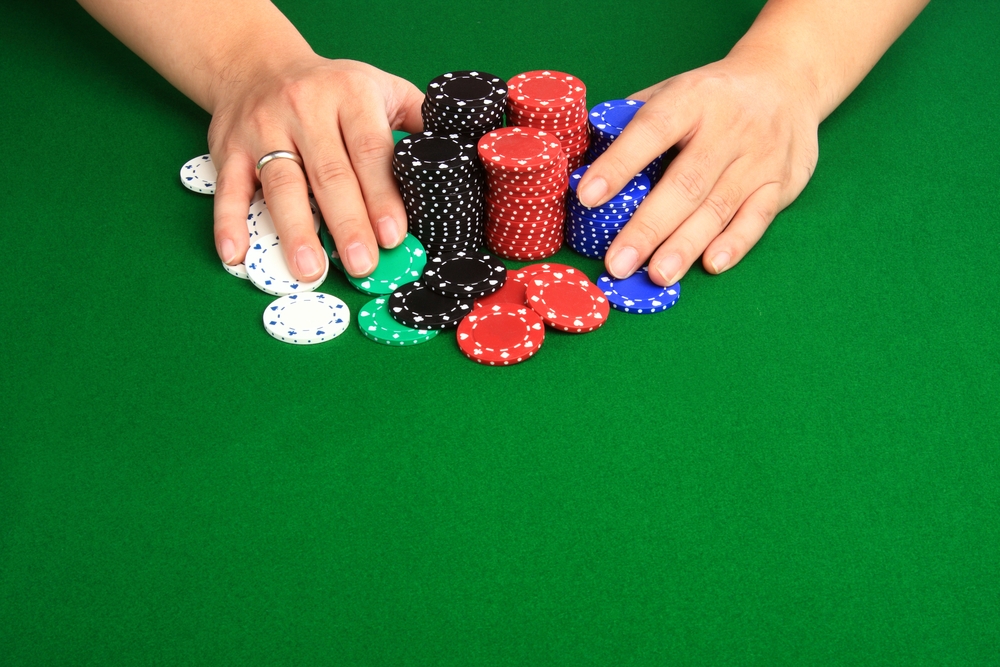
Posted on November 10, 2023
I recently caught myself doing something “healthy” in a way that really wasn’t. For a couple of years, I’d been keeping a gratitude journal where I recorded three things for which I was grateful each day. Alongside other sleep hygiene practices, my journal helped me reframe a challenging day – a “bad” day – as one with some bright spots, which lifted my mood and helped me relax. My sleep improved, and I felt grateful for my gratitude practice.
Now, though, I was fast-forwarding this practice, hastily dashing off three things so I could read in bed. It had become a to-do, not a want-to-do. I was box checking, and it felt empty. Having become better at seeing the good things in my days as they occurred, my journal wasn’t serving me in the same way it had. But should I give it up? I asked myself.
I recalled a phrase Dr. Jeffrey Rediger used in Cured, his book about people who achieved spontaneous remission from supposedly incurable diseases. With respect to these people, he wrote, “. . . it becomes apparent that degree of involvement in a particular treatment tactic may be of the ultimate importance.” In other words, we can all do the same thing but get different results depending on the use we make of it. By treating my gratitude practice as a box to be checked, I was getting less out of it than someone who put more of themselves into it.
It occurs to me that multi-tasking, like box checking, is a behavior in which our degree of involvement is limited. When we attend to more than one thing at once, we are not fully invested in anything. Of course, sometimes we’re forced to multi-task. If you’ve ever tried to avoid burning your dinner while watching a rambunctious toddler, you know what I mean. But other times, we have a choice.
Eating while watching TV may cause us to miss signs of satisfaction and fullness. Talking on the phone during a workout diverts attention from our form, which could reduce the benefits of the workout and increase our chances of injury. At work, task switching has been shown to cost us time and lead to errors, according to research cited by psychologists Kevin Madore Ph.D. and Anthony Wagner Ph.D.
Our degree of involvement may also be limited when the principal reward for our behavior is external. I remember being on a cruise where a certain man came into the gym every afternoon, spent a few lackadaisical minutes on a machine, then hung around chatting with other passengers. Afterward he could be heard boasting about having gone to the gym. It soon became clear that his much fitter wife was nagging him to get in shape and that his main motivation was pleasing her (or shutting her up). No wonder it wasn’t working.
Similarly, if your behavior is motivated only by a financial reward from your company, you won’t persist unless the reward continues, and you probably won’t get as much out of what you’re doing as someone whose motivation is personal unless yours becomes personal, too. The same is true when your doctor recommends you do something you don’t really want to do; without your full buy-in, your success may be limited. Patient engagement is becoming recognized as an essential ingredient in medical treatment plans.
I often hear clients say they “should” do a particular thing for their health because it’s worked for others. While others’ experiences can be informative, they are not a prescription for everyone. We all have a fundamental need for autonomy and a finite amount of time and energy that we need to save for activities that are best for us, not someone else. We’re more likely to stick with something we enjoy. Those are the activities we’ll go all in on. It’s amazing how differently people behave when they have shaped their own goals and tactics instead of mimicking those of others.
Please don’t misunderstand me here. By going all in, I do not necessarily mean taking more steps, doing more reps, or ratcheting up any other practice to the hilt. What I mean is doing what you’re doing with heart – because it’s right for you, it means something to you, and it helps you realize your own objectives.
My gratitude journal is now stored in a drawer of my bedside table for easy access in case I want to use it again someday. Until then, I’ll go all in on something else.